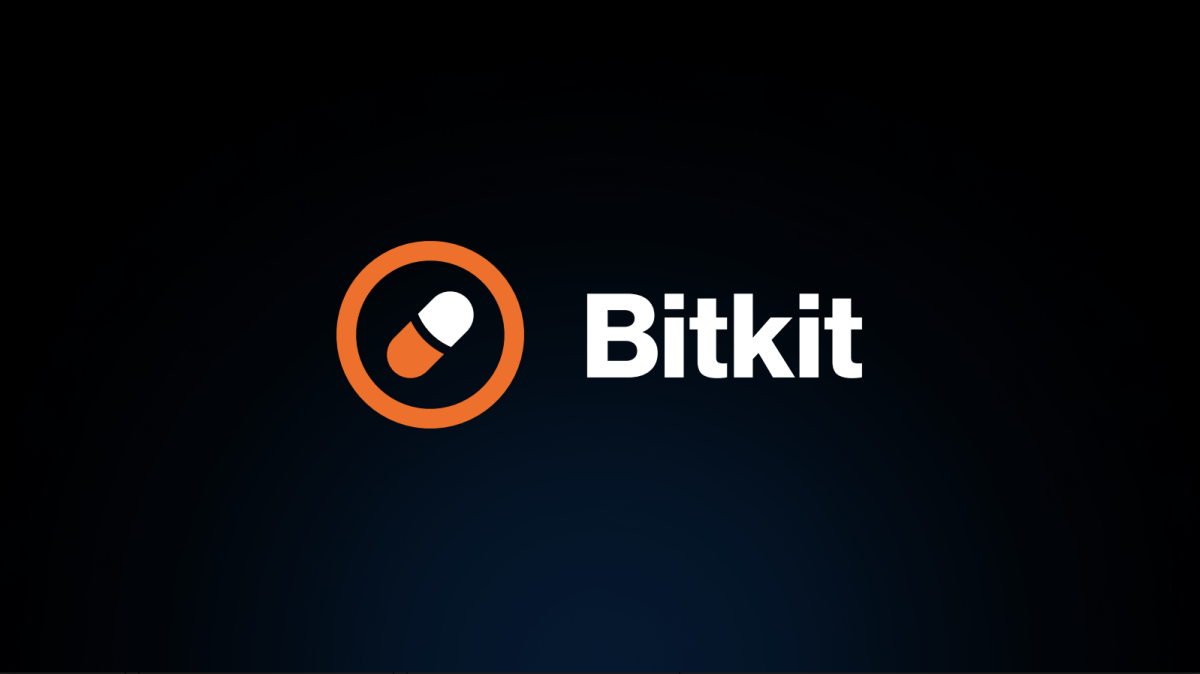Mobile money and Crypto – What will the future of Africa look like?

Africa may well be the next big frontier for cryptocurrencies. Many crypto owners already reside in Africa. The success of mobile money in Africa could explain why this is possible. Many users are already comfortable with digital payment solutions.
This ease with digital payment solutions is already helping the penetration of cryptocurrencies. Triple A’s crypto ownership data places three African countries among the top 20 countries with the most crypto owners. These include Nigeria, South Africa and Kenya at numbers 4, 10 and 13 respectively.
An overview of mobile money in Africa
The global mobile money industry recently surpassed the $1 trillion mark. Interestingly, Africa’s participation in this area is 70%. Most of the world’s mobile money transactions take place in Africa. So says the GSMA in its State of the Industry Report, 2021. Supportive policies and regulations are enabling this massive growth in mobile money. Additionally, partnerships with other financial institutions are advancing the expansion.
But the mobile money industry is not without its challenges. Mobile network operators (MNOs) own and operate the majority of mobile money platforms. These MNOs mostly operate within a country’s borders. This makes cross-border transactions difficult or impossible.
Another challenge facing mobile money in Africa is slowly growing. Several countries have recently introduced taxes on mobile money transactions. These include Zimbabwe, Uganda, Ghana, Tanzania and Cameroon. This puts a strain on consumers as it increases the cost of transactions. This could affect the continued adoption of mobile money solutions. Worse, several countries are considering introducing taxes on mobile money within their borders. These include Kenya, Nigeria, South Africa, Egypt and Mauritius.
Although these challenges hinder the future growth of mobile money, crypto has a chance to thrive. According to the TradingBeasts article on the largest brokers in the worldvarious big brokers such as Exness, IQ Option, and HotForex have already started adding crypto as a possible payment method that their clients can use.
The Opportunity for Crypto and Blockchain in Africa
Cryptocurrency could be the solution to the challenges facing mobile money in Africa. First, cryptocurrency transactions are not limited to borders. Users can send funds to anyone in the world without any limitations.
Moreover, cryptocurrency transactions are very cheap. There are no taxes involved. The only fees charged to consumers are the mining fees involved. These are close to zero if not zero in most cases. This is possible thanks to decentralization. Decentralization removes third-party institutions that process transactions like banks.
Moreover, decentralization leads to financial independence and self-governance. No central institution controls when and how people can transact. People are free to deal with whoever they want at any time. Moreover, no central institution controls the value of cryptocurrencies. This ensures value stability and curbs inflation.
The economies of many countries in Africa are at risk of collapsing due to inflation. Zimbabwe is an example of how hyperinflation can collapse a country’s economy. Such problems can be avoided through the adoption of cryptocurrencies. Consumers can use cryptocurrencies such as Bitcoin as a store of value due to their deflationary nature.
An overview of cryptocurrency adoption in Africa
Several countries in Africa are already exploring the prospects of central bank digital currencies (CBDCs). Examples of such countries include Uganda, Kenya, Tanzania, and Zambia, among others. However, some countries already have CBDCs in operation. Unfortunately, some have not had much success in citizen adoption.
Nigeria has already launched its central bank digital currency, eNaira. The Central Bank viewed this as a digital version of the Naira with the same value. Users can exchange this digital currency with the physical Naira at any time. However, the eNaira is believed to reside in phone wallets. For this, the Central Bank of Nigeria has launched two eNaira mobile wallets, one for individuals and one for retail customers.

Unfortunately, the eNaira mobile wallet did not survive long on Google Playstore. The majority of users who downloaded the app left negative reviews. This led to Google removing the app from playstore. Many users insisted that the central bank was not ready for this launch. The app had inferior functionality and had many broken links.
In addition, this digital currency operates within a centralized and controlled blockchain. This goes against the basic principle of cryptocurrencies. Many people saw this as an attempt to curb the popularity of crypto in the country. Prior to the launch of eNaira, the Nigerian government banned the trading of cryptocurrencies.
The central bank has even ordered the closure of the accounts of individuals who trade cryptocurrency. However, this has not stopped the P2P market from growing in Nigeria. Nigerians are still among the biggest players in the crypto market.

Anyway, South Africa and Ghana are currently running pilot projects for their CBDCs. Ghana is experimenting with e-Cedi that anyone with a mobile wallet or contactless smart card can use. In contrast, South Africa is experimenting with a wholesale CBDC. This is intended for financial institutions for interbank transfers. The country is also experimenting with cross-border transactions with the central banks of Malaysia, Australia and Singapore. Do not forget that South Africa is one of the most pioneering African countries when it comes to technology or trade. After all, most African traders are actually located in South Africa, many of which have either USD or ZAR trading accounts.
The Challenges of Crypto Adoption in Africa
Several challenges hinder the adoption of cryptocurrencies in Africa. One is the lack of cryptocurrency education. While a good number of Africans especially South Africans understand stocks and forex. It seems that only young people know about cryptocurrency and blockchain technology. Yet even among young people, there is a majority of people who do not understand crypto and blockchain. This is because there is no existing framework to educate the public on this subject.
However, there is a growing interest in learning and adopting crypto in Africa. Many people turn to social media and platforms like Youtube to learn about crypto and blockchain. This signals a possible increase in crypto adoption in Africa.
Another challenge facing crypto adoption is the existence of fraudulent operations. Many people have lost their money due to paused MLM projects as crypto providers. This significantly lowers the level of trust of members of the public.
Another challenge facing crypto adoption is the lack of merchants accepting crypto. There are not many stores or vendors accepting crypto payments in Africa. However, almost all establishments accept mobile money payments. This legacy payment system is a big barrier to growing crypto adoption. Mobile money is already convenient and trusted by the public. It’s hard to beat that.
Conclusion
The success of mobile money in Africa is proof that Africans are ready to embrace and trust new technologies. This is further demonstrated by the growth of crypto adoption in Africa. Government intervention to curb crypto adoption proves futile. Even with the ban on crypto trading, the P2P market in Nigeria continues to thrive. With continued education, there is great potential for cryptocurrencies in Africa. Several African countries are studying the launch of Central Bank digital currencies.
We may well see the rapid increase in crypto adoption in Africa. Although it does not replace mobile money, it could complement it.






